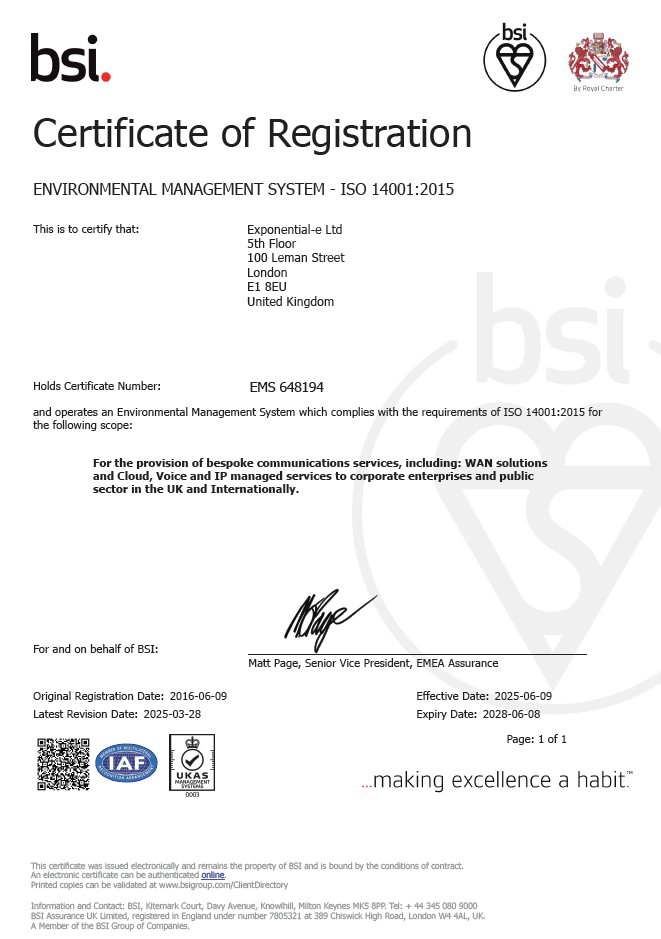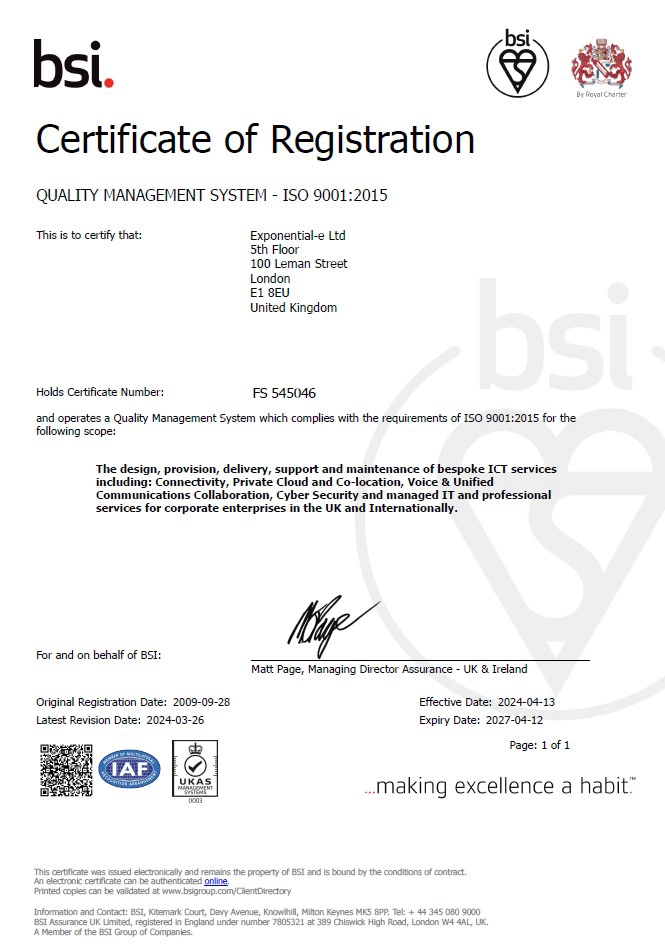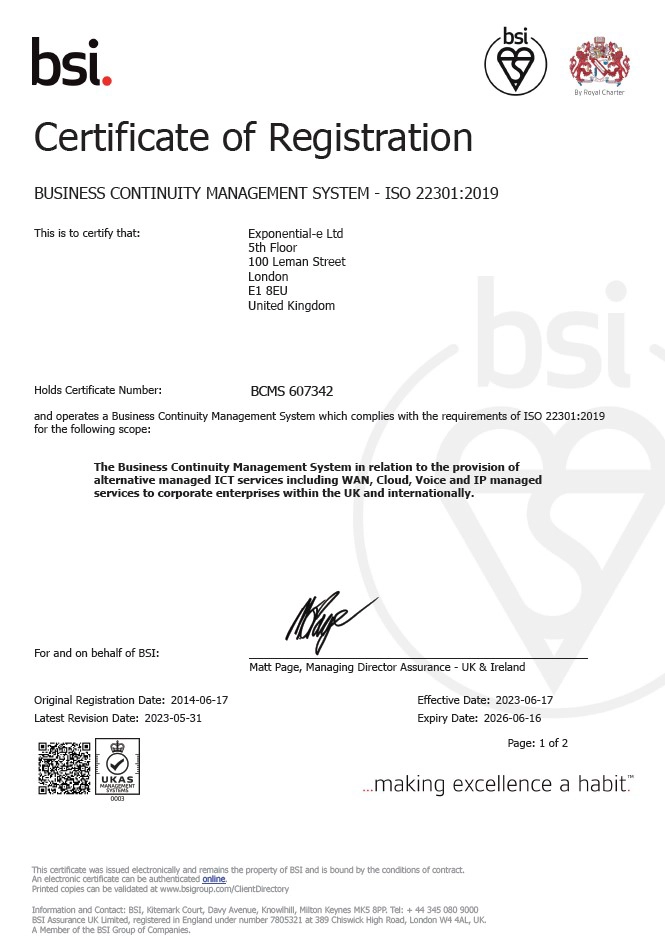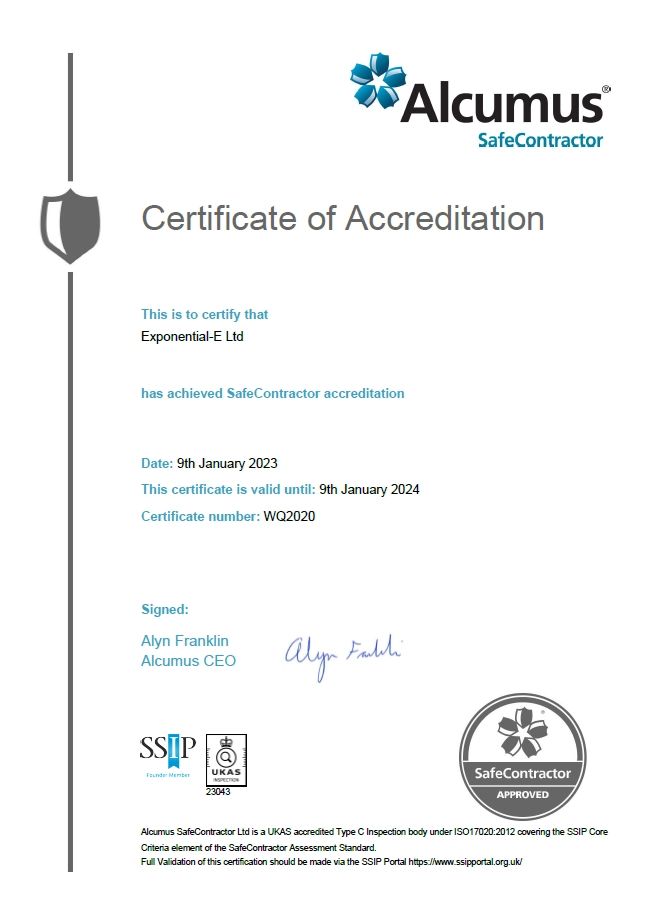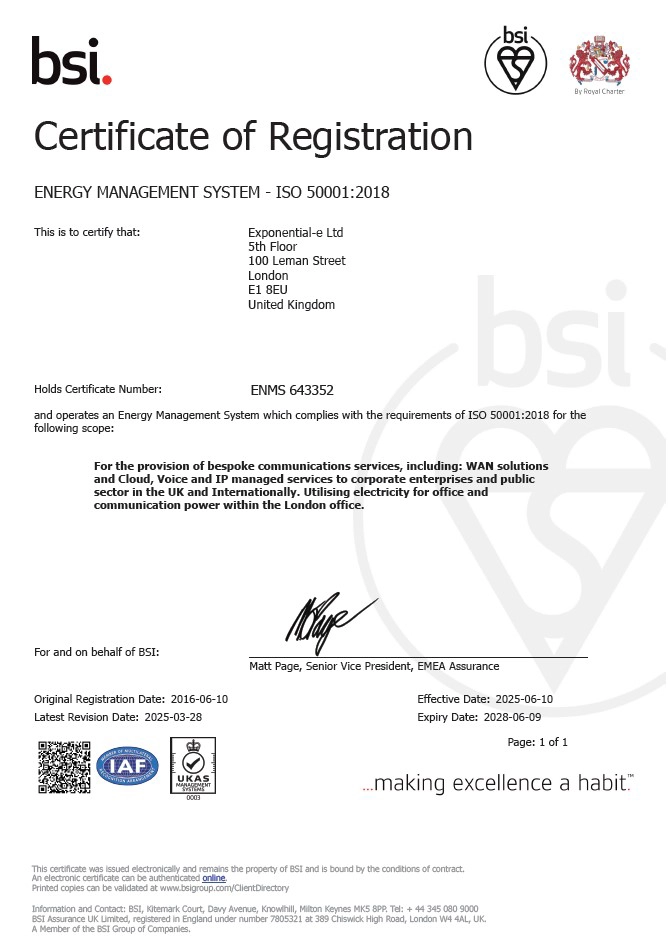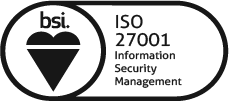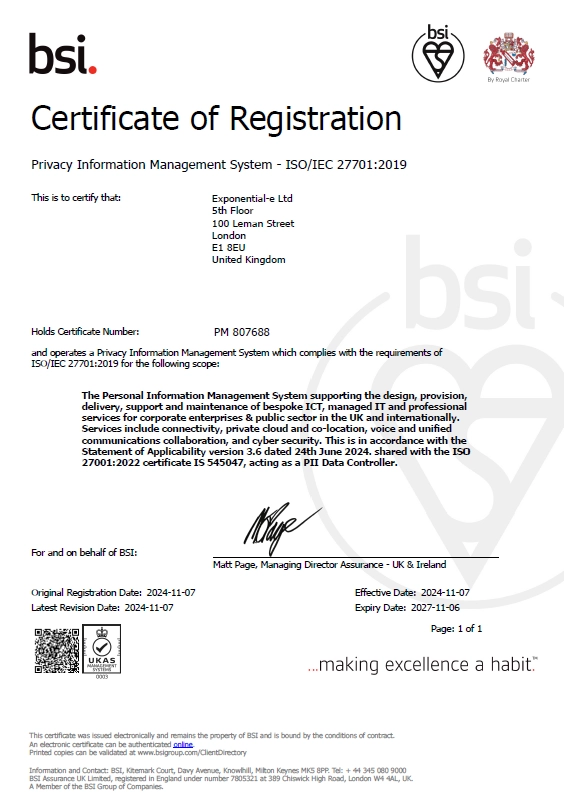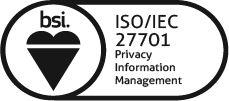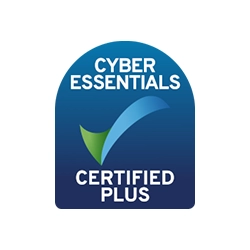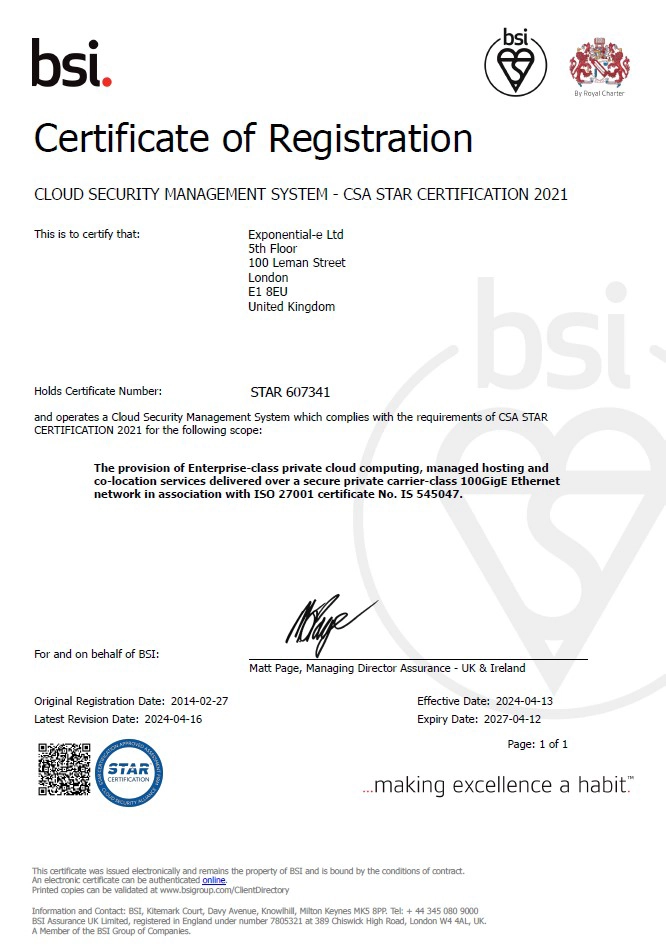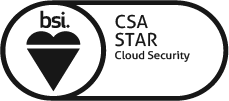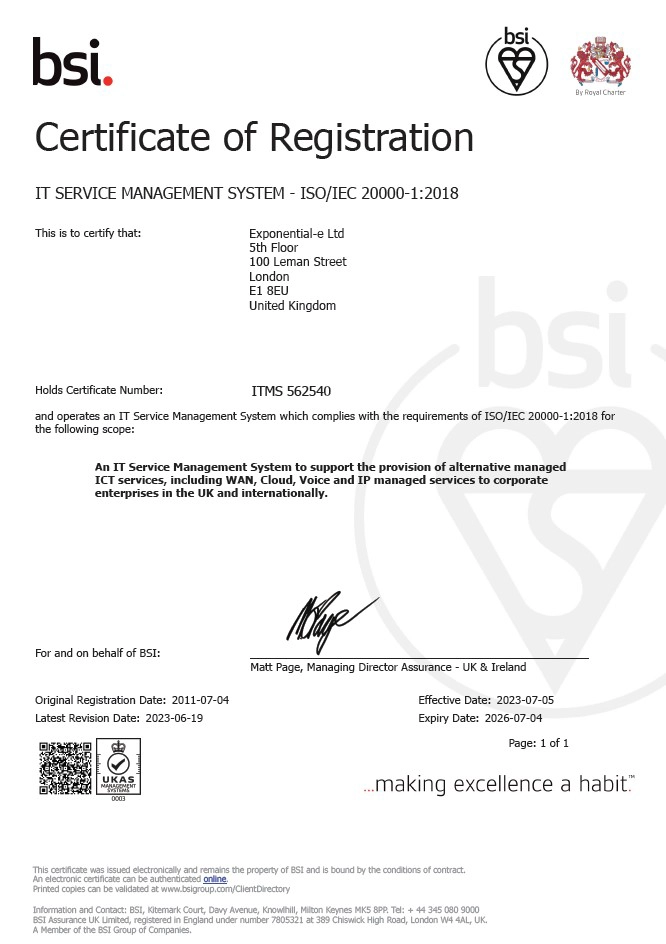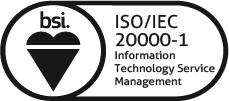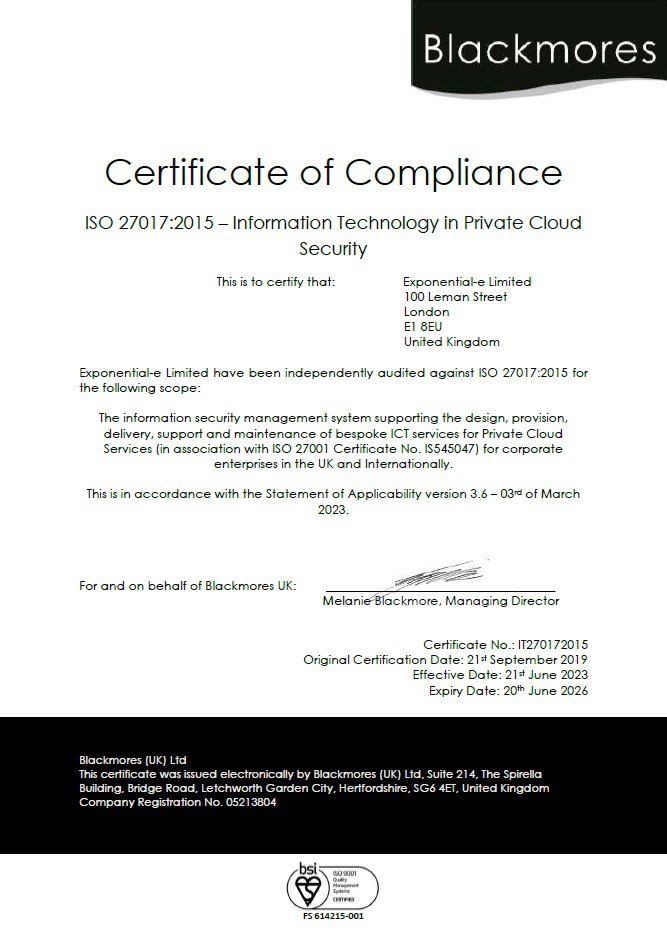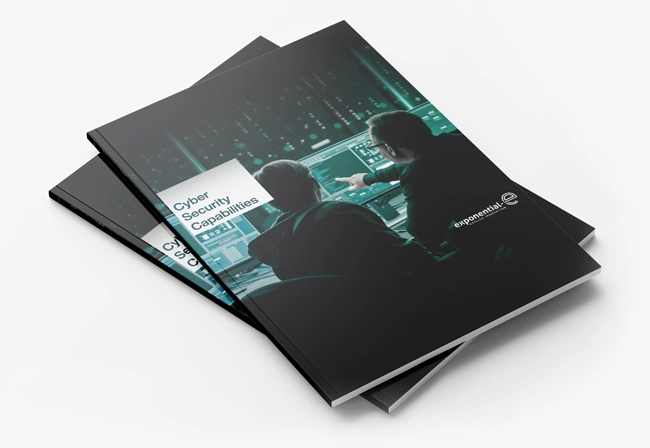Cyber Security for Legal & Professional Services
Specialist Protection for Law Firms & Firms
Empower legal and professional service firms with tailored, compliant cyber security - featuring managed SIEM, CSOC 24 / 7 monitoring, incident response, GDPR readiness and risk mitigation tuned to your sector.
Protect from cyber threats
Why are Professional and Legal Services Vulnerable?
The world of Professional and Legal Services is rapidly evolving, driven by technology and fuelled by data. However, amidst this dynamic environment lurks a growing menace: cyberattacks. These digital predators are leaving a trail of disruption, stolen data, and shattered trust, posing a significant threat to firms’ hard-won reputations and the public’s confidence in the sector as a whole.
In light of these challenges, a new approach to cyber security, disaster recovery, and remediation, tailored to firms’ unique systems and processes, is required.
Several factors make Professional and Legal Services prime targets for cyber criminals:
A treasure trove of sensitive data - Firms across the sector handle a wealth of sensitive client information, including financial records, legal documents, and intellectual property. This data can fetch a high price on the black market or be used for identity theft, financial fraud, and blackmail.
An increasing reliance on technology - The rise of Cloud computing and remote work has expanded the attack surface, creating new entry points for malicious actors. Additionally, reliance on interconnected systems can lead to cascading disruptions when a single attack succeeds.
Skill gaps and awareness gap - Many firms offering professional and legal services, particularly smaller ones, lack the dedicated cyber security resources and expertise to implement robust defences. Moreover, employee awareness of cyber threats may be inadequate, increasing susceptibility to phishing attacks and social engineering tactics.
Cyber Security for Legal Firms
Law firms are a particularly attractive target for cyber criminals due to the sensitive nature of the data they handle, such as:
Clients’ contracts and legal documents
These documents can contain confidential information about individuals and businesses, such as financial records, social security numbers, and trade secrets.
Merger and acquisition (M&A) deals
Hackers may try to steal inside information about
upcoming M&A deals to profit from insider trading.
Intellectual property
Law firms often handle intellectual property such as patents, trademarks, and copyrights. This information can be valuable to competitors.
Cyber Security for Professional Services
Professional Services firms outside of the Legal sector, such as accounting and consulting firms, are also at risk of cyberattacks.
These firms often handle sensitive data, such as:

Clients’ financial records - Hackers may try to steal this information to commit identity theft or fraud.

Personal information - Professional Services firms often collect personal information from clients, such as names, addresses, and phone numbers. This information can be used for spam or phishing attacks.
Trade secrets - Some Professional Services firms develop or possess crucial trade secrets.
The Grim Toll of Cyberattacks on Legal Organisations
The consequences of cyberattacks on organisations offering any kind of Professional and Legal Services can be devastating. Typical consequences of a breach include:
Financial loss - Data breaches, business disruptions, and ransom demands can lead to significant financial losses. A 2022 report by Keeper Security revealed that Professional Services firms experience cyberattacks three times a week on average, each potentially costing millions in remediation and lost revenue.
Reputational damage - A compromised reputation can be a death knell for firms offering Professional and Legal Services. Public mistrust, client churn, and negative media coverage can severely damage brand value and erode hard-earned trust. A 2023 Ponemon Institute study found that 78% of consumers would avoid doing business with a company that has suffered a data breach.
Operational disruption - Cyberattacks can cripple critical business operations, halting communication, freezing access to data, and hindering project delivery. This can lead to missed deadlines, unhappy clients, and a snowball effect of further delays and losses.
Fighting Back: Building Ironclad Cyber Resilience
Any organisations offering Professional and Legal Services must proactively invest in robust cyber security measures to mitigate these risks. Key strategies include:
Implementing comprehensive security systems - Employing firewalls, intrusion detection systems, data encryption, and multi-factor authentication are crucial steps in creating a layered defence.
Employee cyber security awareness training - Educating employees on cyber threats, phishing tactics, and safe online practices is critical to prevent human error from becoming a security breach.
Regular vulnerability assessments and penetration testing - Proactive identification and patching of vulnerabilities can prevent cyber criminals from exploiting weaknesses in systems.
Cyber incident response plans - Having a well-rehearsed plan in place for responding to cyberattacks minimises downtime and limits damage.





Embracing a Culture of Cyber Security
Cyber security cannot be treated as a one-time project but must become an embedded element of the Professional and Legal Services culture. Leadership commitment, ongoing risk assessments, and continuous improvement are key to effectively navigating the ever-evolving cyber threat landscape. Exponential-e is a trusted technology partner for firms across the country, and a UK leader in cyber security, making us well-placed to help your own organisation establish a true cyber security culture, allowing you to offer clients complete peace of mind, every step of the way.
Accreditations
Environmental Management
Certificate number: FS 545046
Quality Management
Certificate number: FS 545046
Business Continuity Management
Certificate number: BCMS 6073420
SOC2 - Type 2 Compliance
A SOC2 - Type2 Compliance is an internal controls report capturing how a company safeguards customer data and how well those controls are operating. These reports are issued by independent third party auditors covering the principles of Security, Availability, Confidentiality, and Privacy.

Energy Management
Certificate number: ENMS 643352
Privacy Information Management System
Certificate number: IS 545047
Information Security Management
Certificate number: IS 545047
Cloud Security
Certificate number: STAR 607341
Service Management
Certificate number: ITMS 562540
Security Controls for Cloud Services
Certificate number: IS545047
PCI DSS
The PCI DSS is a set of comprehensive requirements for enhancing Network security. It is a multifaceted security standard that includes requirements for: Security management, policies and procedures, network architecture and their critical protective measures. This comprehensive standard is intended to help organisations proactively protect its Network.
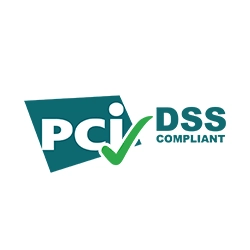
The CCA Global Standard
The CCA Global Standard is a globally-recognised accreditation that acknowledges excellence in organisations’ customer service strategies, in order to develop a high standard of customer experience across all sectors, all over the world. The assessment process looks closely at a number of areas, including managing the transition to new working models, agent wellbeing, monitoring and analytics, and the overall customer journey.

ISO 27001
Certificate: IS545047
SOC2 - Type 2 Compliance
A SOC2 - Type2 Compliance is an internal controls report capturing how a company safeguards customer data and how well those controls are operating. These reports are issued by independent third party auditors covering the principles of Security, Availability, Confidentiality, and Privacy.

The CCA Global Standard
The CCA Global Standard is a globally-recognised accreditation that acknowledges excellence in organisations’ customer service strategies, in order to develop a high standard of customer experience across all sectors, all over the world. The assessment process looks closely at a number of areas, including managing the transition to new working models, agent wellbeing, monitoring and analytics, and the overall customer journey.

PCI DSS
The PCI DSS is a set of comprehensive requirements for enhancing Network security. It is a multifaceted security standard that includes requirements for: Security management, policies and procedures, network architecture and their critical protective measures. This comprehensive standard is intended to help organisations proactively protect its Network.

Rolling 3 month average. Industry average: 17
Our commitment to delivering excellence
The world’s first real-time NPS - part of our longstanding customer service promise.
Through our own customer service platform, our customers are able to give us feedback quickly and easily, with a click of a button. Our Customer Support teams are immediately notified of feedback so they can respond instantly, in order to quickly closing the loop on any feedback that is less than excellent.
RESOURCES
More Insights
GET IN TOUCH
Safeguard Your Legal Practice with Expert Cyber Security
Navigate the evolving cyber threat landscape with confidence. Exponential‑e delivers tailored cyber security services for legal and professional services firms - covering SIEM, CSOC monitoring, GDPR readiness, incident response, and secure cloud design. Whether you're managing client data, legacy DMS systems, or AI-enabled workflows, we've got you covered. Book Your Free Cyber Security Review.
Contact Sales: 0845 470 4001
Service & Support: 0800 130 3365
London Head Office
Manchester Office
*Calls to 0845 numbers will cost 7p p/m plus your phone company’s access charge.
All inbound and outbound calls may be recorded for training or quality purposes.

